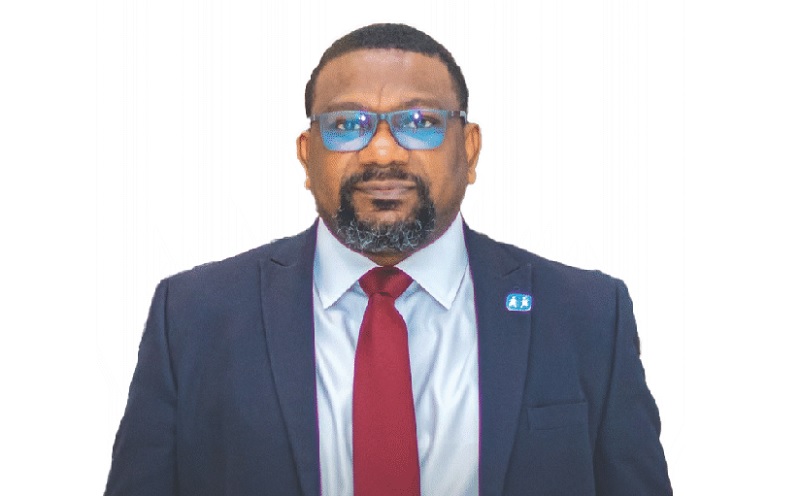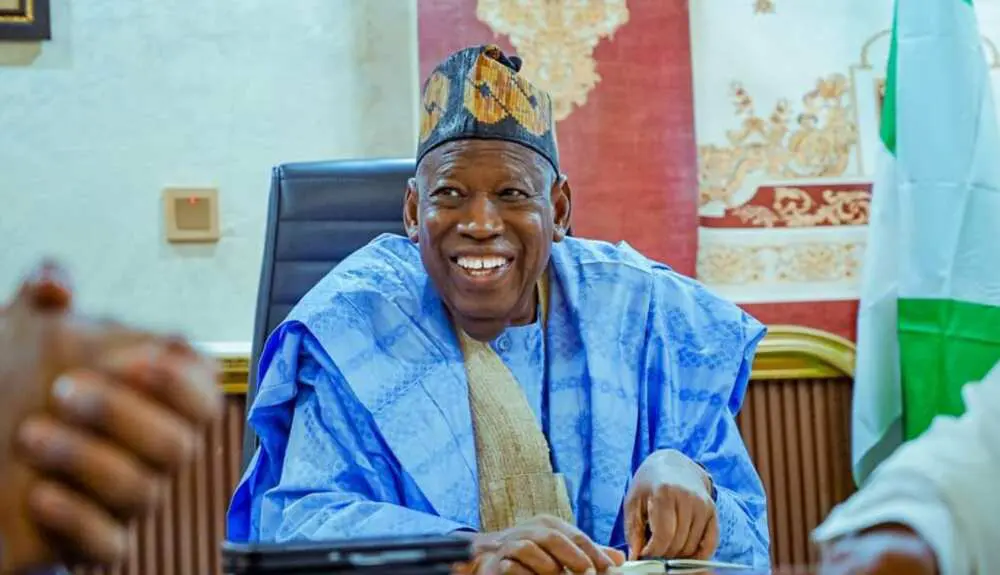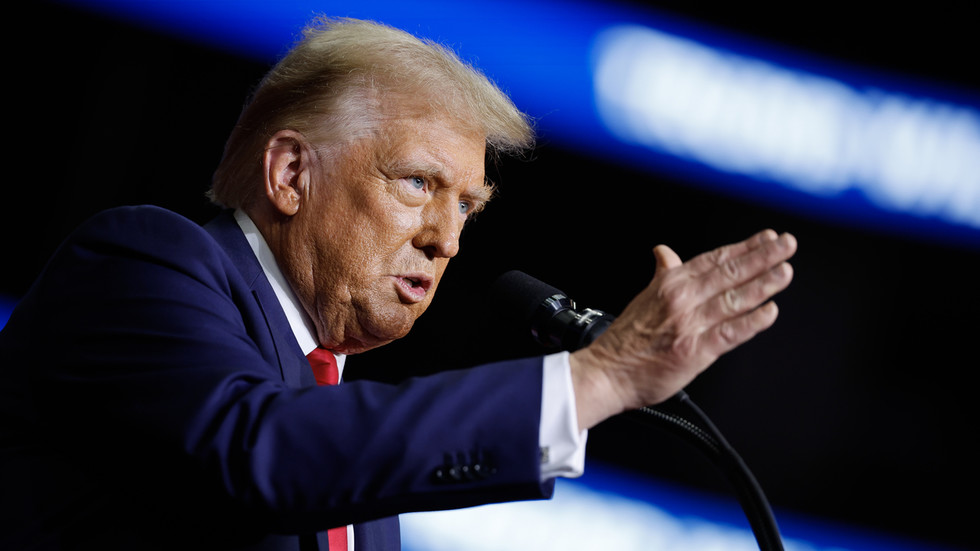World Bank Urges Nigeria to Consider N750/litre Fuel Price Amid Backlash from Key Stakeholders
Nigerians are in for tougher times as the World Bank has advised the Federal Government to raise the pump price of petrol, known as Premium Motor Spirit (PMS), to N750 per litre. The World Bank contends that the current price of fuel in Nigeria is not reflective of its actual cost, suggesting it needs to be increased from the current N650 per litre.
The World Bank’s Lead Economist for Nigeria, Alex Sienaert, made this recommendation during the presentation of the Nigeria Development Update, December 2023 edition titled, ‘Turning The Corner’ (from reforms and renewed hope, to results) in Abuja. Sienaert underscored that petrol prices in Nigeria are not fully adjusting to market conditions, hinting at the potential return of the fuel subsidy if importation is done at the official foreign exchange rate.
The removal of fuel subsidy earlier in the year has already led to a significant spike in the costs of essential goods and services, exacerbating the plight of average Nigerians. The recent data from the National Bureau of Statistics revealed a surge in food inflation to 32.84 per cent in November, further compounding the challenges faced by the citizens.
Unsurprisingly, the World Bank’s suggestion has been met with fierce resistance from key stakeholders in Nigeria. The Nigeria Labour Congress (NLC), the Peoples Democratic Party (PDP), and other voices have criticized the World Bank’s recommendation as insensitive and potentially detrimental to the welfare of Nigerians.
Beson Upah, a spokesperson for the NLC, expressed vehement opposition to the idea, highlighting the adverse impact of the current fuel prices on the country. Upah denounced the World Bank’s proposal, emphasizing that it could spell chaos for the nation and called for a focus on combating corruption in the petroleum industry and reducing governance costs instead.
Similarly, the National Publicity Secretary of the PDP, Debo Ologunagba, decried the economic influence of international financial institutions like the IMF and World Bank, pointing out the lack of tangible benefits for ordinary Nigerians following the removal of fuel subsidy. Ologunagba dismissed the notion of an increased fuel price as unwarranted and called for the government to reject such a proposition unequivocally.
Dr. Yunusa Salisu Tanko, Chief Spokesperson for the Labour Party Presidential Campaign Council, also weighed in on the matter, condemning the World Bank’s approach as a means to perpetuate economic colonization. Tanko emphasized that the solution to Nigeria’s economic challenges lay in creative leadership and advocated for the construction of refineries across the country to reduce fuel prices and commodity costs.
In contrast, a chieftain of the ruling All Progressives Congress (APC), Mathew Adah, adopted a more optimistic stance, expressing confidence in President Tinubu’s ability to steer the nation through these economic decisions. Adah urged patience and trust in the government’s strategies, citing the inherited economic challenges as a contributing factor to the current situation.
The clash of opinions from these prominent figures underscores the high stakes and diverging perspectives on the issue. While the World Bank’s proposal serves as a policy consideration, the real impact of such a decision on the lives of Nigerians remains a subject of intense debate and scrutiny. As the nation navigates through this economic conundrum, the response of the government and the ripple effects on the populace will undoubtedly shape the future trajectory of Nigeria’s economic landscape.



